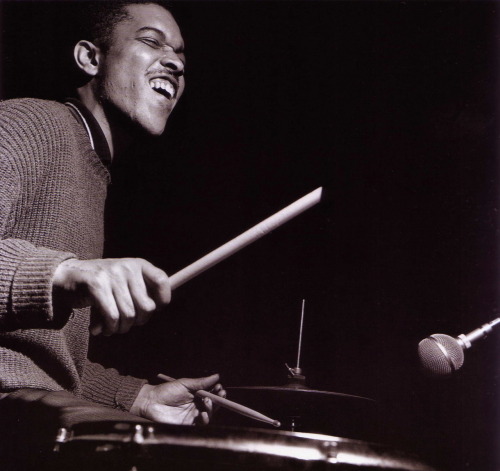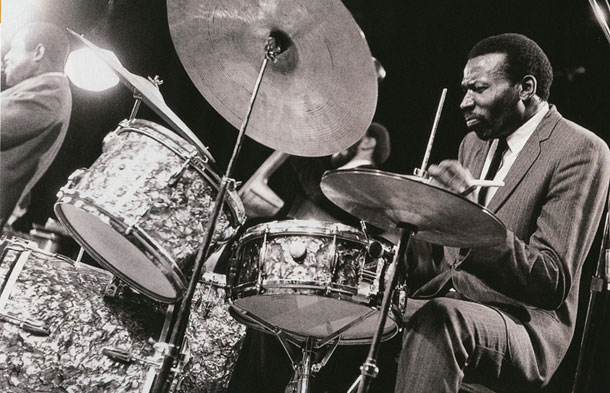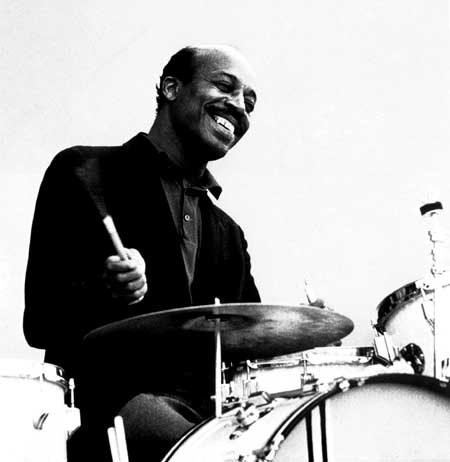 |
| This exercise was swiped! |
A Swiped Single Stroke Exercise!
Today's single stroke exercise comes from a combination of two different exercises that I swiped. The first was Todd Bishop's idea of translating "Stick Control" into 5/4. As usual, Todd's ideas are brilliantly clear, useful, and thought-provoking all at the same time.
I wanted to find a way to incorporate this idea into things that I was already practicing, so I thought of combining it with Alan Dawson's fabulous single stroke exercise from "The Drummers Complete Vocabulary".
The result is below, and I am happy to report that based on my time with it so far it is a great way to both work on your single strokes, and to get your hands feeling more comfortable in 5!
The Dawson Single-Stroke Exercise In 5/4
For those of you not familiar with the Dawson Single-Stroke exercise, the premise is really simple. Using the first column of "Stick Control" alternate between playing a line and playing two measures of eighth notes in groups of four to a hand. Always start the groups of four on the opposite hand of the one that played last on the line. The result is a great exercise for developing your single strokes, as well as your ability to move seamlessly between rudiments.
The result is below, and I am happy to report that based on my time with it so far it is a great way to both work on your single strokes, and to get your hands feeling more comfortable in 5!
The Dawson Single-Stroke Exercise In 5/4
For those of you not familiar with the Dawson Single-Stroke exercise, the premise is really simple. Using the first column of "Stick Control" alternate between playing a line and playing two measures of eighth notes in groups of four to a hand. Always start the groups of four on the opposite hand of the one that played last on the line. The result is a great exercise for developing your single strokes, as well as your ability to move seamlessly between rudiments.
Here is that same exercise translated into 5/4 ala Todd Bishop:










